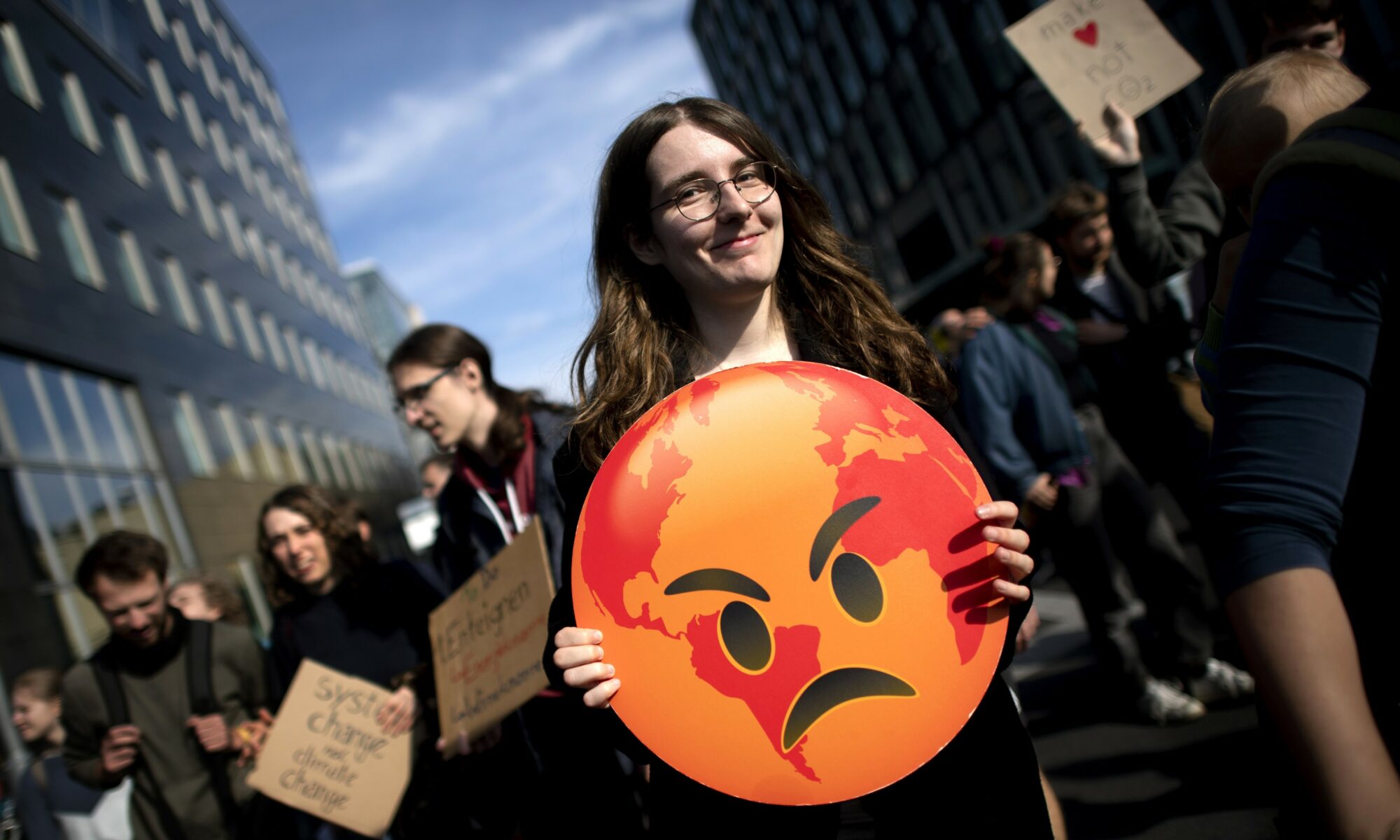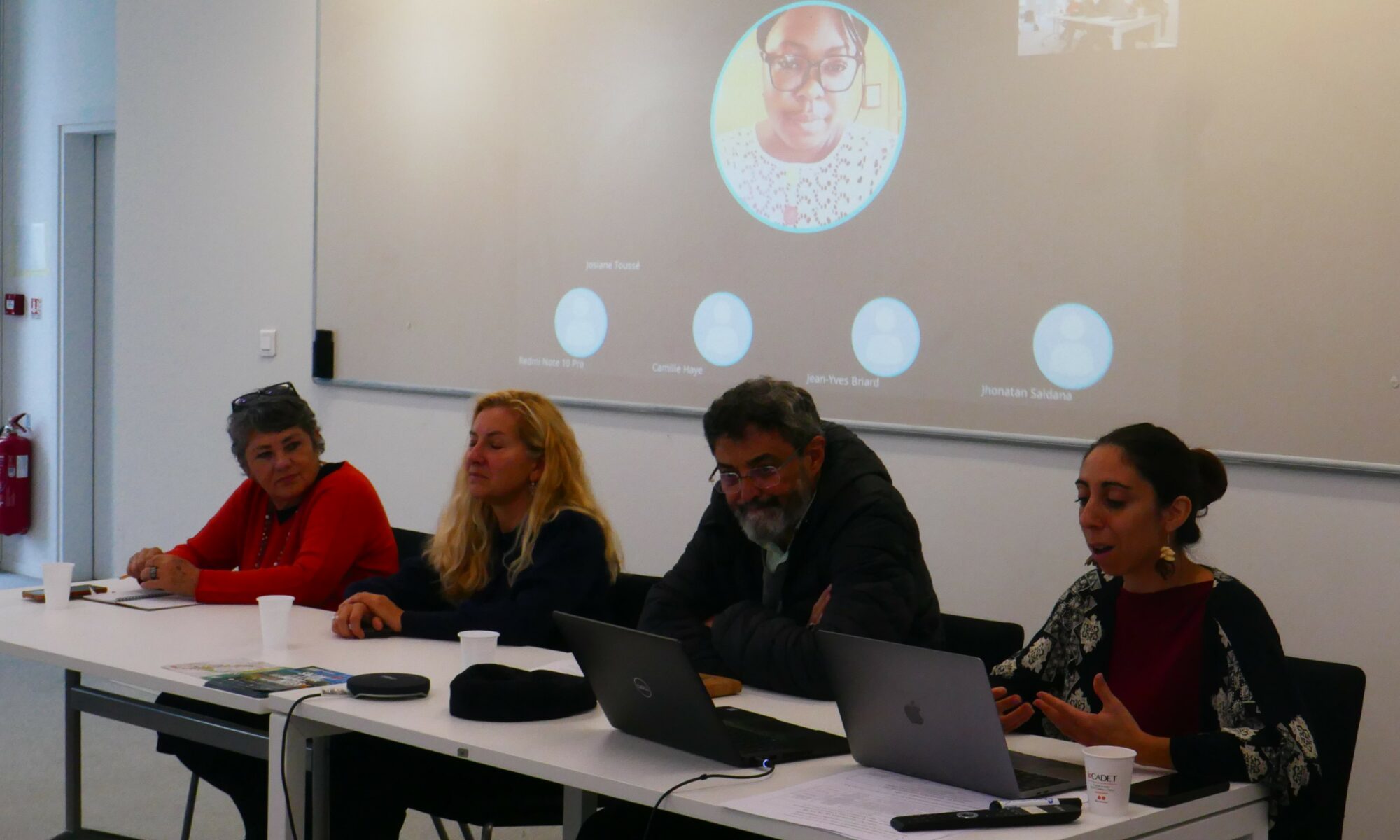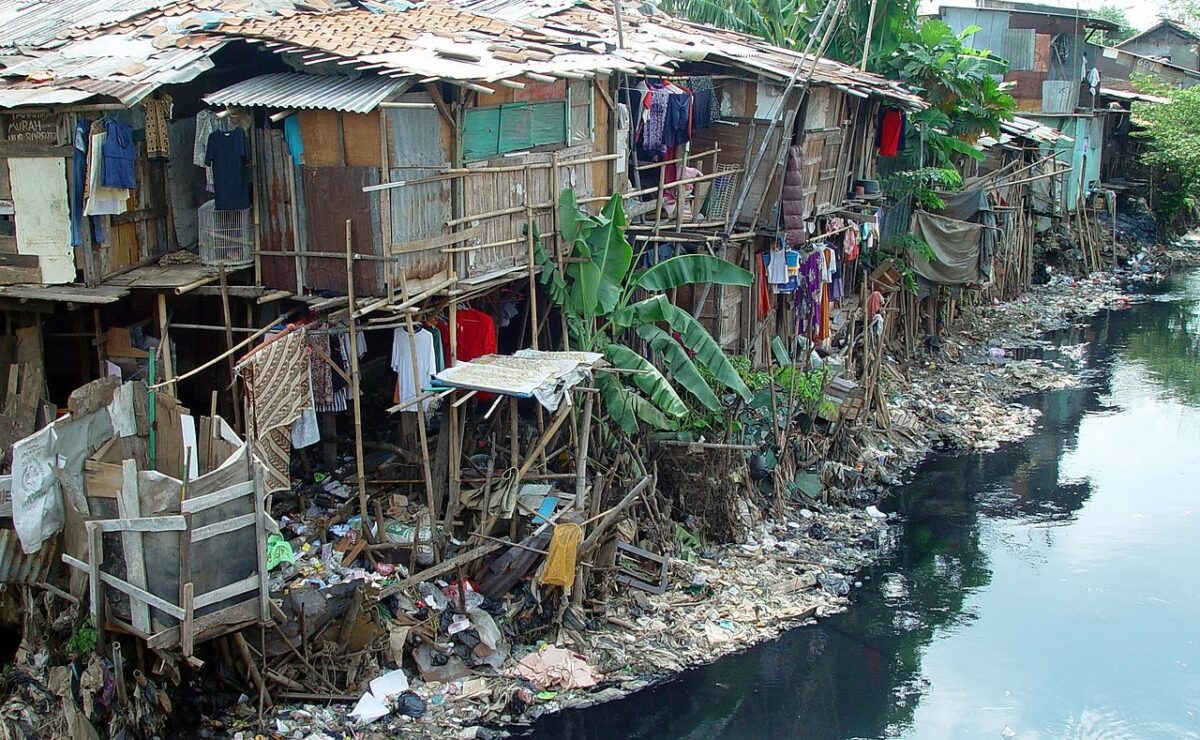By Tanja Müller
The latest book in the EADI Global Development Series has recently come out with the apt title Challenging Global Development: Towards Decoloniality and Justice. It is a timely and important book, not least because it provides good summary of the history of ‘development’ and Development Studies, up to contemporary debates. It interrogates most of the relevant themes and contestations in relation to the concept of development and Development Studies as an (academic) subject. The book provides pertinent critiques of a diverse range of themes, such as inclusions and exclusions; transformative processes of knowledge production; questioning the growth-agenda; structural roots of global inequalities; and narratives based on dichotomies. A focus on decoloniality and justice is welcome, as is the recognition that colonialism is ultimately a power structure.
Continue reading “Challenging Global Development while Defending Modernity and Enlightenment Thought”




